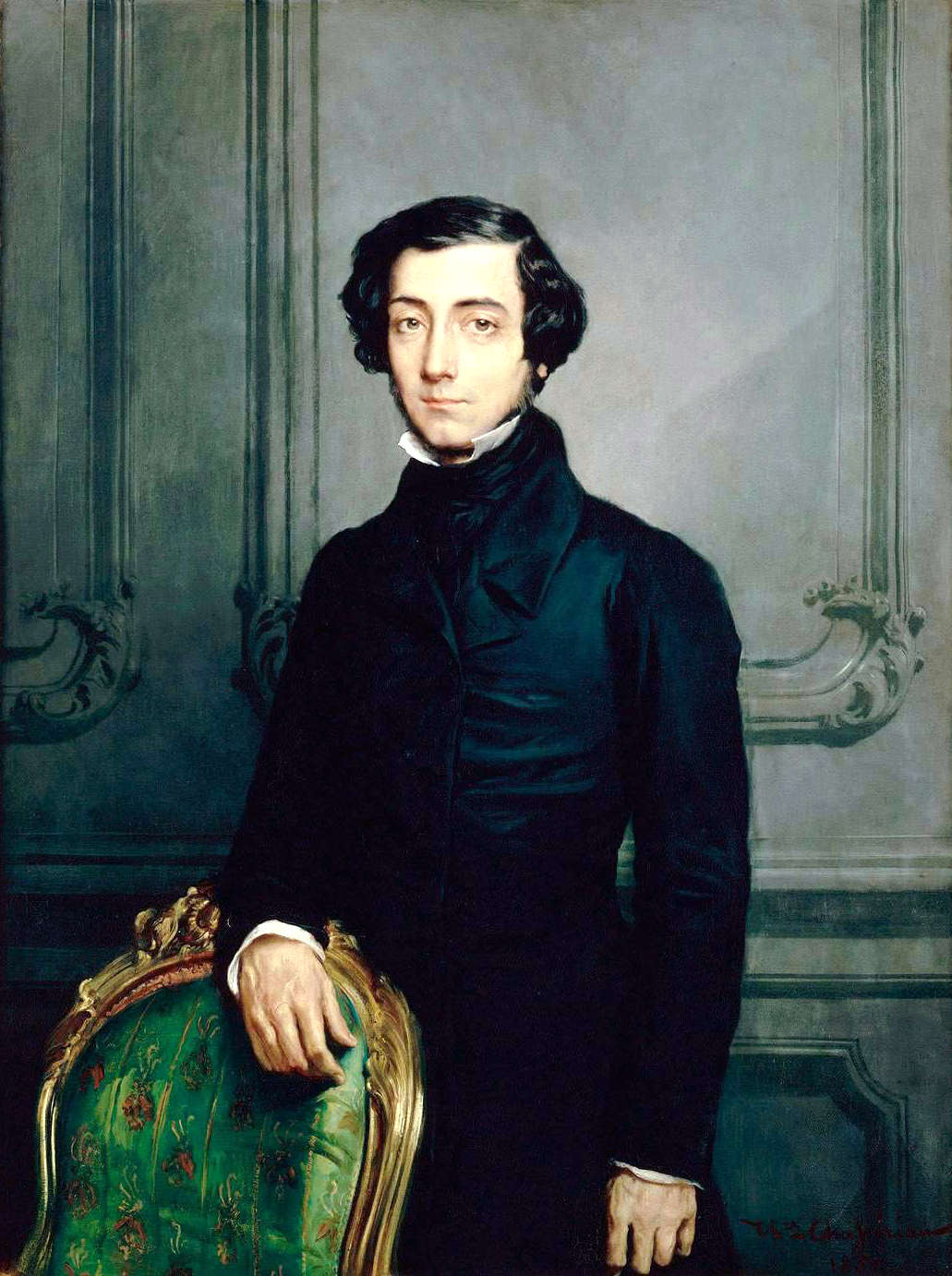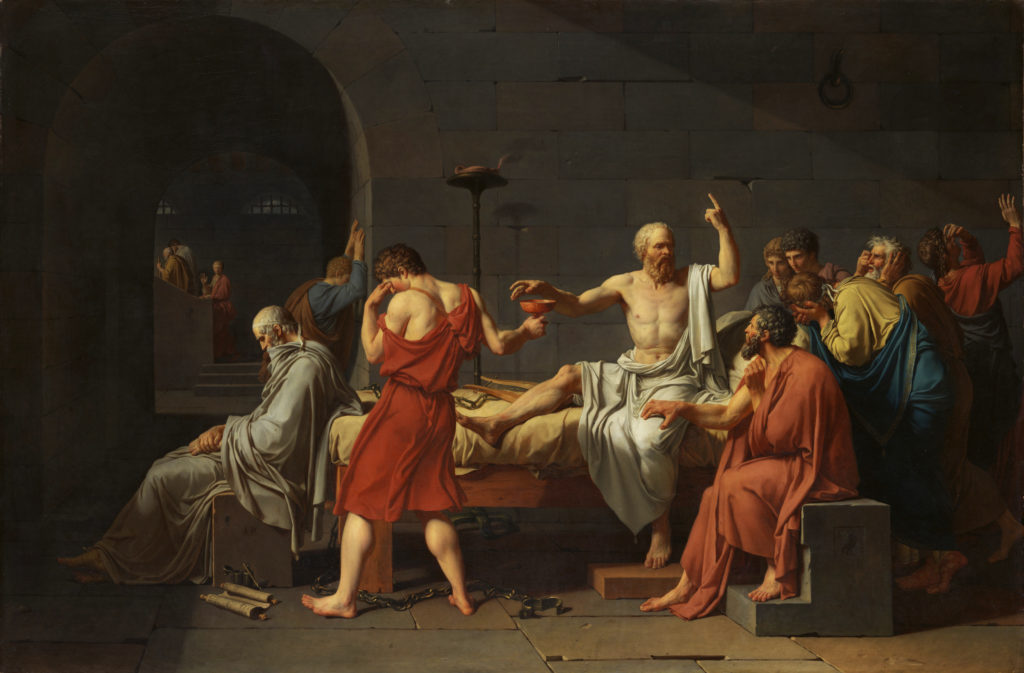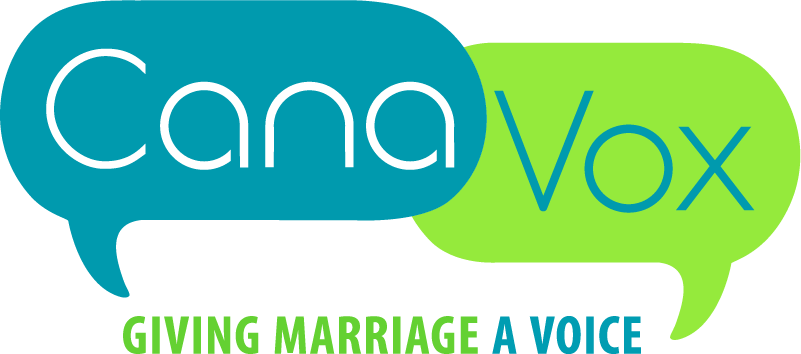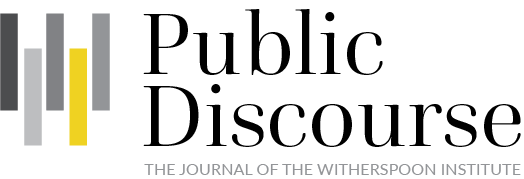Fall 2020 Online High School Seminars
The Witherspoon Institute is pleased to offer new online seminars for high school students. During this unprecedented time, many young people are finding their education disrupted. We are offering opportunities for students to enhance their education this year by exploring deep questions on love, the political order, death, and more with the help of great thinkers.
The Four Loves Seminar
In a time where so many are lonely and isolated, the Witherspoon Institute invites high school students to reflect on what connects us: love. Despite being a universal experience, love is no easy subject to think through. Thus, in order to help us grapple with it, we shall be led by the steady hand of the twentieth-century thinker, C.S. Lewis. In his work The Four Loves, Lewis draws upon the western classical and Christian traditions to offer more precise language to help us deepen our understanding of love. He identifies four kinds: affection, friendship, eros, and charity, and argues that each has a distinct and important role in human life and growth in virtue.
Session 1
Introduction, Likings and Loves for the Sub-Human and Affection
Session 2
Affection and Friendship
Session 3
Eros
Session 4
Charity

Led by
Maura Shea, The Witherspoon Institute
Felix James Miller, Catholic University of America, The Witherspoon Institute
Friday November 6, 7:00pm – 8:20pm EST
Wednesday November 11, 7:00pm – 8:20pm EST
Wednesday November 18, 7:00pm – 8:20pm EST
Wednesday December 2, 7:00pm – 8:20pm EST
Format: Online, Zoom
Open to current juniors and seniors in high school
The Tocqueville Project
Unlike the vast majority of nations throughout history, the United States was built on a commitment to a set of principles rather than a common ethnicity, shared religion, or an ancestral tie to the land. As a result, for almost 250 years Americans have been engaged in an ongoing conversation about those principles and how they shape our political life. It is ironic then that perhaps the most insightful contribution to that ongoing conversation comes from a Frenchman, Alexis de Tocqueville, who toured the United States as a 26 year old in 1831 and wrote about his observations in his now iconic Democracy in America. In our three sessions together we will explore how Tocqueville’s insights about such ideas as self-interest rightly understood, the tyranny of the majority, and the salutary role of religion still speak to our nation today.
Session 1
In this opening session we will introduce ourselves to Alexis de Tocqueville, learn about his visit to the United States, and consider what he can tell us about understanding our current moment.
Session 2
In this second session we’ll discuss Tocqueville’s treatment of equality and individualism, paying attention to the promise and the peril of both.
Session 3
In our final session we’ll consider Tocqueville’s warning about one possible trajectory for a democracy that cultivates an untempered desire for an egalitarian society. We’ll ask about What sort of despotism Tocqueville warns us about and whether we see any signs of it in our current moment.

Led by
Micah Watson, PhD, Calvin University
Tuesday November 10, 7:00pm – 8:15pm EST
Tuesday November 17, 7:00pm – 8:15pm EST
Tuesday November 24, 7:00pm – 8:15pm EST
Format: Online, Zoom
Open to current juniors and seniors in high school
On Corrupting the Youth: Trial and Death of Socrates
In this three-session online seminar for high school juniors and seniors, we study a selection of Platonic texts sometimes referred to as “the trial and death of Socrates.” We’ll study the basic Socratic method of elenchus, learn why that made Socrates some devoted friends and some fervent enemies—as well as deeply shaping the Western understanding of care for the soul. We’ll also read the famous trial of Socrates and inquire what the Athenians meant by corrupting the youth and introducing foreign gods. We’ll ask whether Socrates should have escaped when he had the chance, and ponder what he means by death as a healing.
Session 1 What is Piety? The Socratic Method
Socrates claims to not know; he just asks questions of others who do claim to know. In the Euthyphro the question is what is the nature of piety, and are things right because the gods declare them to be right, or are the gods bound by a rightness preceding their will? Why are questions like this so dangerous? So illuminating?
Session 2 Athens on Trial
Socrates is the one convicted, but Plato is putting Athens on trial in Apology, and Athens is guilty. But, is Socrates so innocent? Can a polity encourage its young to follow their own minds? Isn’t that dangerous to stability? Does radical questioning destabilize the city?
Session 3 Civil Obedience, and a Healing
Socrates has been condemned, but has a chance to escape. He rejects this alternative in Crito. Should an unjust decision be ignored, or is he bound by the laws? Then his friends gather with him at his death, at which point he declares himself “healed.” Why?

Led by
R. J. Snell, PhD, Director of Academic Programming, The Witherspoon Institute
Thursday, November 5, 7:00pm-8:20pm EST
Thursday, November 12, 7:00pm-8:20pm EST
Thursday, November 19, 7:00pm-8:20pm EST
Format: Online, Zoom
Open to current juniors and seniors in high school


